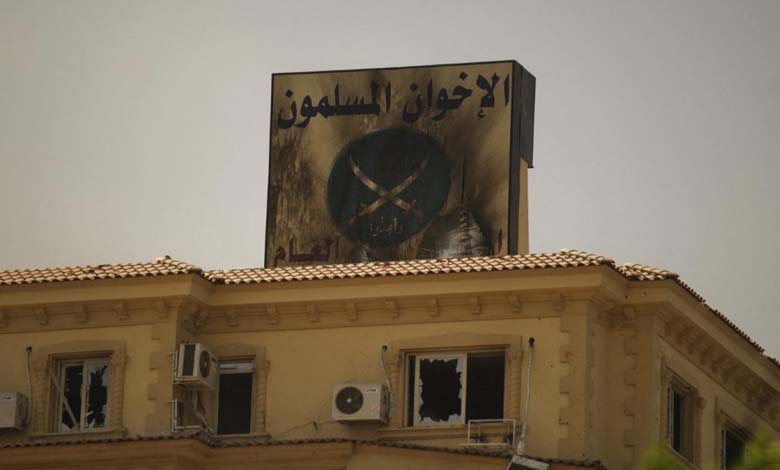After the Departure of Its Financier… How Will the Muslim Brotherhood Maintain Their “Financial Empire”?

Following the death of Yusuf Nada, a prominent leader in the Muslim Brotherhood and known as the “founder of the group’s financial empire,” Independent Arabia raised questions about the Brotherhood’s legacy and future management. This comes at a time when the organization is grappling with unprecedented crises and divisions impacting its leadership and structural integrity.
-
What is the Relationship between the Founding of the Muslim Brotherhood in Egypt, Iraq, Syria, and the Greater Israel Project?
-
“Year of Lies and Blood”: Major Terrorist Crimes Committed by the Muslim Brotherhood in Egypt
Some sources, cited by Independent Arabia, speculate that the financial affairs might be entrusted to one of the late Brotherhood leader’s sons. This possibility arises amidst internal fragmentation, with the Brotherhood split between the Istanbul faction led by Mahmoud Hussein, acting as the group’s General Guide, and the London faction under Salah Abdel Haq, formerly associated with Ibrahim Munir (who led the group’s activities from abroad before passing away in November 2022). Another scenario suggests that a prominent leader based in London could take charge, given their growing role in the Brotherhood’s economic affairs in recent years, as Yusuf Nada aged.
-
Health of Ghannouchi deteriorates after his arrest… New Islamist game, similar to the Brotherhood in Egypt
-
A new slap to the Brotherhood in Egypt; The failure of calls November 11 marks the end of the terrorist organization
Nada, who passed away on December 22, had spent decades building the Brotherhood’s financial empire. His death has sparked concerns about potential “disorder” within an organization already in crisis, particularly regarding the management of its economic activities abroad. The central question now revolves around who will succeed Nada in overseeing the movement’s financial networks.
Nada began his economic activities for the Brotherhood in 1956 after being released from a two-year prison sentence for allegedly participating in the attempted assassination of Egyptian President Gamal Abdel Nasser in Alexandria in October 1954. Upon his release, he collaborated with Austrian and Swiss companies to export dairy products. By the 1960s, he had expanded his investments abroad, particularly in Libya and Austria. He earned the title of “Cement King of the Mediterranean.”
-
Media Recalls the Crimes of the Muslim Brotherhood and Their Attempt to “Burn Egypt”
-
An Expert Reveals the Plans and Names of Muslim Brotherhood Centers Targeting the Region and Egypt
According to Brotherhood sources, Nada’s investments in Libya took a significant turn in 1969 when the Libyan monarchy was overthrown, and Colonel Muammar Gaddafi came to power. Nada fled to Greece and later to Switzerland, where he established several businesses for the Brotherhood. Among these was the notable financial institution, the “Al Taqwa Bank,” founded in 1988 in the Bahamas in partnership with another leader, Ghaleb Himmat. It was the first Islamic bank operating outside the Muslim world and achieved significant success in its early years.
-
Did the Muslim Brotherhood aim to destroy the Egyptian identity? Details
-
Has Turkey distanced itself from the Muslim Brotherhood, and why did it seek Egypt? A political thinker responds
The Muslim Brotherhood has been designated as a terrorist organization in many Arab and Western countries over the past decade. Since the security crackdown on its leaders, particularly in Egypt after 2013, the organization has faced severe internal divisions. It is currently led by two factions: the Istanbul faction, headed by Mahmoud Hussein, and the London faction, under Salah Abdel Haq, previously aligned with Ibrahim Munir.
-
The Muslim Brotherhood and Lies: The group promotes old videos to deceive Egyptian public opinion
-
Rumors of the Muslim Brotherhood Reach Raba’a and Nahda… Egypt Denies











